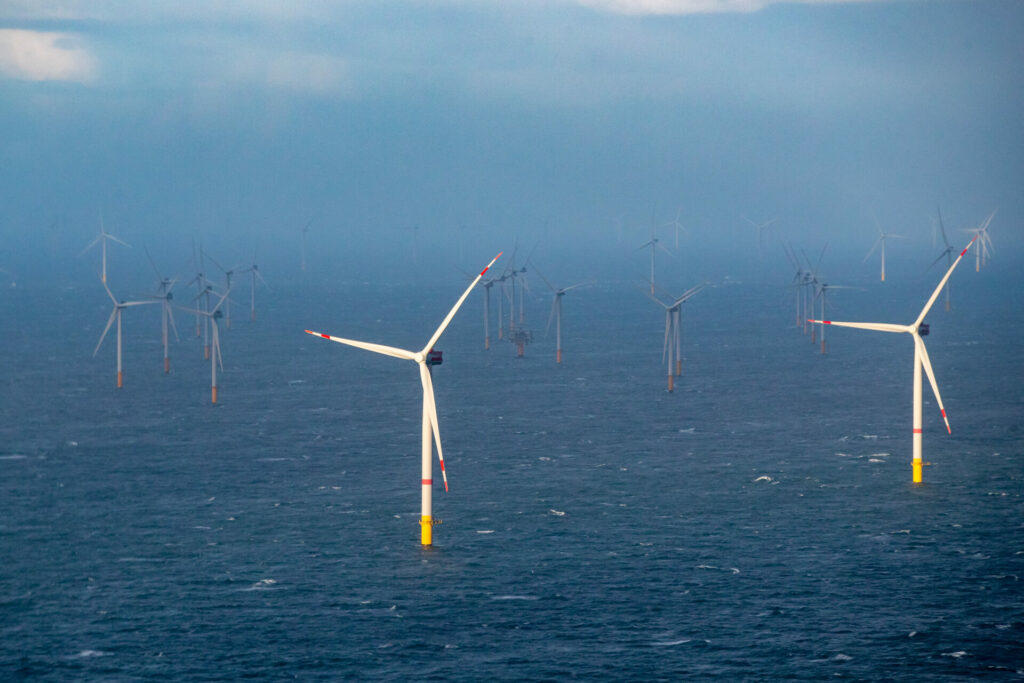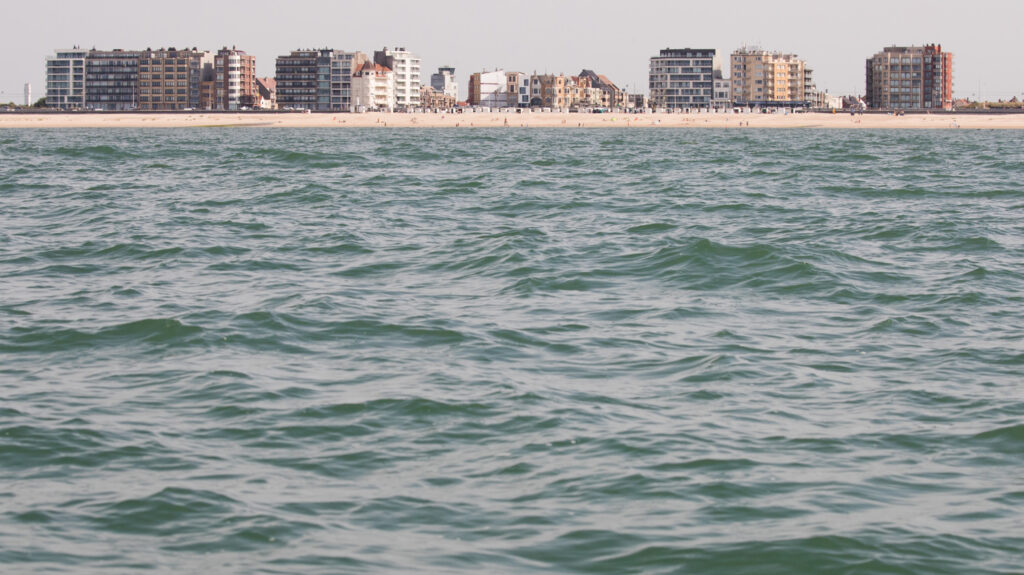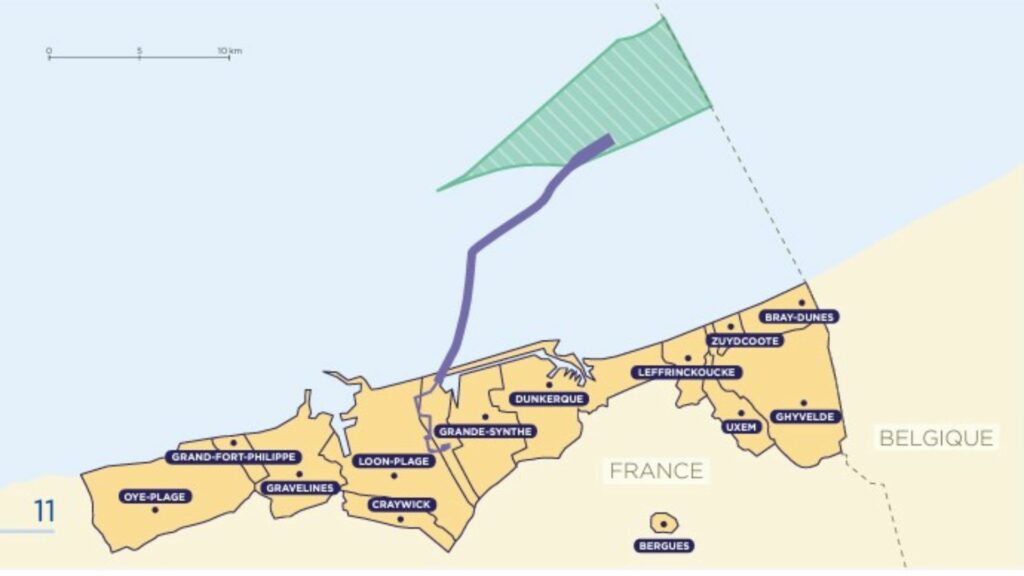Belgian Minister of the North Sea Paul Van Tigchelt has joined several coastal municipalities in filing an objection against a large wind farm off the coast of Dunkirk (just over the French border) on behalf of Belgium.
The plans would build 46 wind turbines from 250 to 300 metres in height, barely 10 kilometres from the coast. Belgian authorities are saying that this would cause a visual nuisance in several municipalities, as well as have an impact on shipping routes and protected seabirds. Therefore, Van Tigchelt asks that the project be stopped.
"Our country has been opposing French plans to install a wind farm off the coast of Dunkirk since 2016. "300-meter high wind turbines, barely a few kilometres from our coast and right next to the Belgian border, is anything but good neighbourliness," Van Tigchelt said.
The French courts as well as the European ones have pointed out that the location can be discussed during the public consultation. "[On Tuesday], we submitted our objections to the current location. We trust that France will take this into account and will not issue the requested administrative permits for this park."
Going to court
"Many fundamental Belgian interests are being affected. Building the wind farm further out to sea, as we do with the Belgian wind farms, is therefore indispensable," he said. "Together with the Federal Government, we will do everything we can to safeguard the rights of coastal residents, the Port of Ostend and other stakeholders. If necessary, we will go back to the European court."
Since 2016, Belgium has opposed the construction of the wind farm at the current planned location, barely a few kilometres from the coast. It is located in the French Natura 2000 area Bancs des Flandres, next to the Belgian Natura 2000 area Vlaamse Banken – which is an important breeding and spawning area for various bird species.
The environmental impact report shows, among other things, that the fear of impact on the Natura 2000 area is justified, with serious negative effects on protected seabirds (such as the auk, the pearl diver and the red-throated diver).
These will avoid the wider area surrounding the wind farm (barrier effect), which would lead to habitat loss for these species. The proposed reducing and compensating measures are not sufficient. The report also points out that the project cannot be implemented if it has a significant impact on protected species.
However, France justifies the progress by invoking a derogation procedure supported by the general French interest in the project. Additionally, the proposed compensation measure to adapt fishing gear with, among other things, an LED system lacks scientific substantiation and does not eliminate the negative effects.
The environmental impact report also has shortcomings such as the lack of research on alternative locations, which is a European obligation. Additionally, the exact location of the wind turbines has not yet been determined, which could lead to placement closer to the coast and closer to the Belgian border. This would oblige our country to vouch for the safety zone, which is unacceptable.
Public inquiry
Previously, former Minister of the North Sea Vincent Van Quickenborne had also filed an appeal with the administrative court of Lille in May 2021, which was later referred to the French Council of State. In its decision of 10 July 2023, the Council of State declared itself competent, but declared the Belgian objections premature.
After all, the Council of State stated that consultation with neighbouring countries – which Belgium believes should have been done much earlier – must still take place at the time of the public inquiry.
Steps have also been taken at the European level. For example, Belgium has also submitted a formal complaint to the European Commission in the past. However, the Commission also ruled that the Belgian complaint was premature, as the public consultation in which the location could also be discussed had yet to be organised in the context of the application for the environmental permit.

Credit: Belga / Kurt Desplenter
Participation in the public consultation does not in any way mean that diplomatic consultations are not conducted. In recent years, the Federal Government has developed a proposal for an alternative location that was legally substantiated by a French law firm.
By placing the wind turbines further out to sea, we could eliminate almost all objections. As the sixth largest offshore wind energy producer in the world, Belgium has a great deal of expertise in this area and remains willing to collaborate with French colleagues on this matter.


